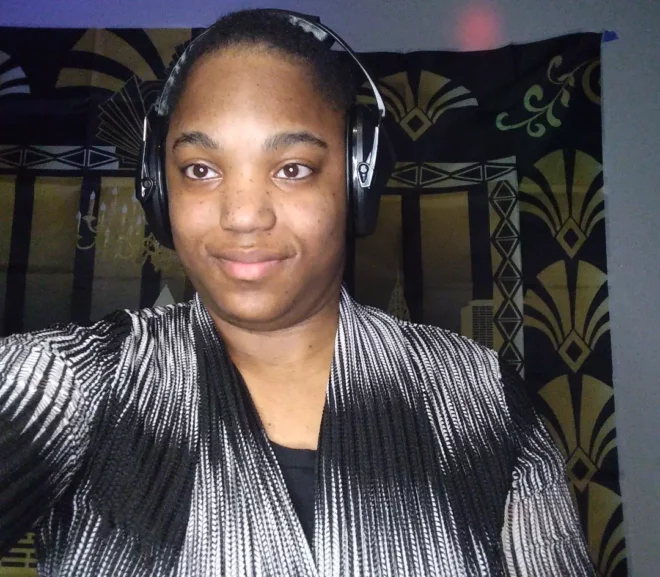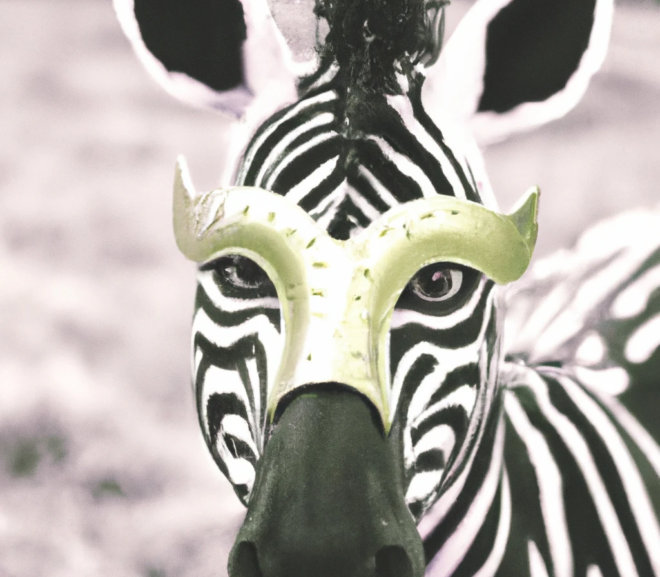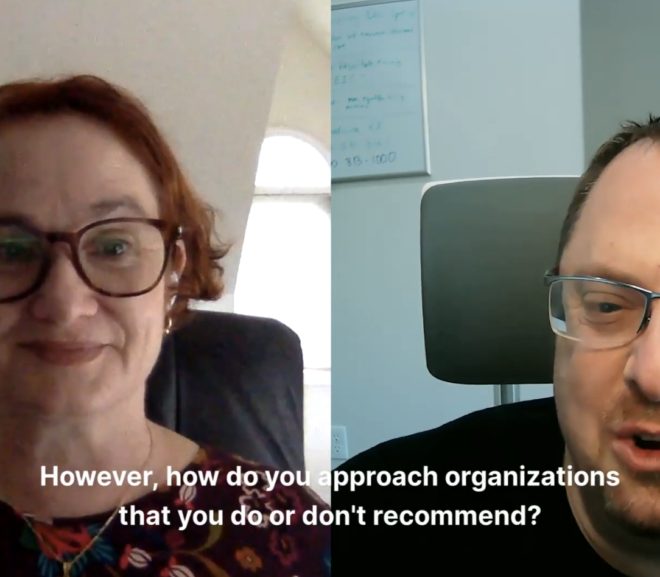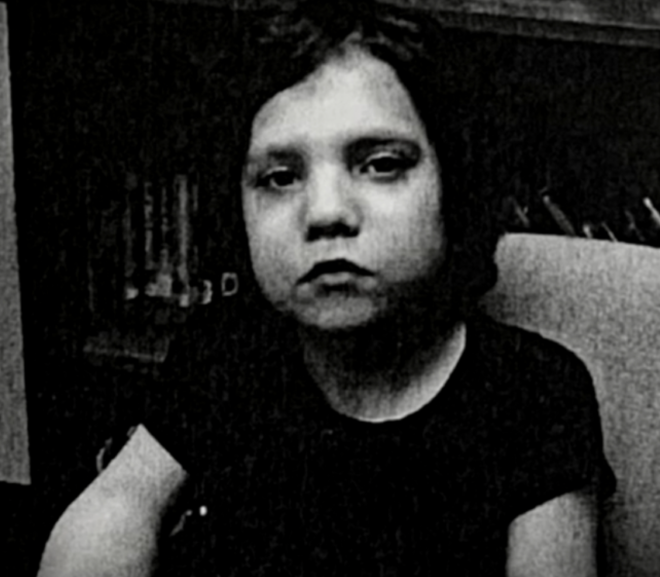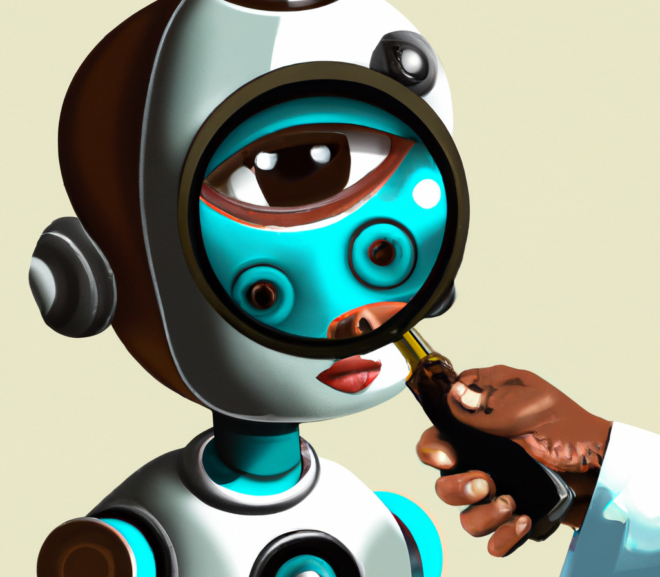Many autistic people find accepting compliments and being kind to ourselves difficult, especially if our experience has been that other people lambast us if we dare to exist openly while autistic.
Ashley Storrie, co-creator and star of Hulu’s series Dinosaur, talks with TPGA about incorporating her own autistic experiences into the show, and why storytelling is so crucial for wider understanding of underrepresented groups.
Considering the state of autistic representation in both music and film, giving ASD Band the classic rock doc treatment is one of the most revolutionary choices that the director could have made.
At the end of the day, a sensory friendly home life means forget social conventions. Make your home work for you.
Autistic and neurodivergent people experience many “sensory icks” regularly. Autistic writer Shamiha Patel shares her personal checklist of sensory triggers.
How should educators approach autism, and how can understanding autistic identities help educators better support autistic and non-autistic students?
No, ABA therapy cannot affirm neurodiversity, not without becoming something that is not ABA therapy.
Senior editor Shannon Rosa talks with autistic podcaster Shawn Sullivan of Unheard Voices about what we do here at TPGA: Our passion for debunking autism misinformation, boosting neurodiversity advocacy, and fighting for disability rights. Shawn was a gracious host, and Shannon had a lot of opinions—all of which are correct.
Investigative Documentary’s docu-series Natalia Speaks addresses important issues about parents’ legal over-reach and the rights of the disabled. It also raises the question of what we deserve from the stories about us.
Is it true that AI can diagnose autism?
Short answer: No.
Slightly longer and probably more accurate answer: Not yet.


![Promo image for the movie ASD Band, showing the four band members partially backlit by low sun. Several film award logos in black are over their heads. At the bottom of the screen in large white letters is text reading "ASD Band: The Movie".]](https://thinkingautismguide.com/wp-content/uploads/2024/04/ASD-Band-The-Movie-5629071-660x577.png)


